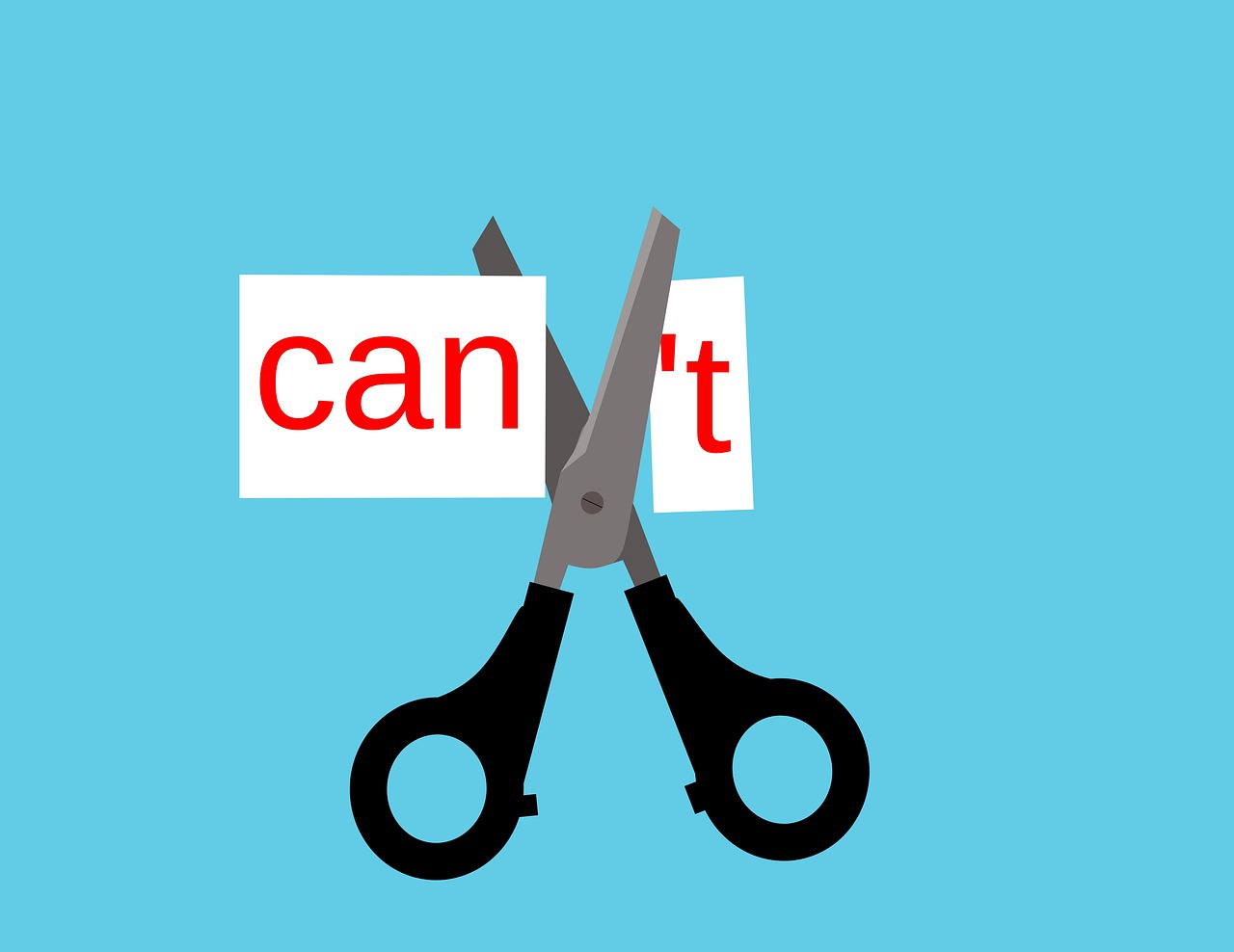College Programs Meet a Range of Needs for Students on the Spectrum
 Each year, tens of thousands of students diagnosed with autism spectrum disorders graduate from high school, many with aspirations to attend college. Yet only about 100 colleges, most of them four-year institutions, have standalone programs for those students, according to an analysis by members of the College Autism Network. On average, the programs reach just 38 students each. More than a dozen states have no college at all with a program.
Each year, tens of thousands of students diagnosed with autism spectrum disorders graduate from high school, many with aspirations to attend college. Yet only about 100 colleges, most of them four-year institutions, have standalone programs for those students, according to an analysis by members of the College Autism Network. On average, the programs reach just 38 students each. More than a dozen states have no college at all with a program.
Yet as colleges stretch to serve a generation of students with increasingly complex academic, social, and emotional needs, programs designed to meet those needs are becoming more common. Campus autism programs, which have doubled in number over the past five years, are part of that growth.
Because the programs are so new, they haven’t been rigorously evaluated, either individually or in comparison with one another. Though some, including Western Kentucky’s Kelly Autism Program (KAP), report graduation rates on par with the broader student population, it’s unclear which interventions are contributing to that success.
Because autism spectrum disorder encompasses a range of symptoms and severities, it manifests in highly individualized ways, as the students in Western Kentucky’s program illustrate.
Kayla, a junior, can’t stand the sound of a water bottle clattering to the floor in class, or an unattended scooter left beeping, and wears white-noise headphones to cope. Dante, a senior, sometimes struggles to read social situations, missing nonverbal cues. Ben, a sophomore, is working on time management. Most days, he’ll send his mom a picture of his breakfast to show her he’s up. If she doesn’t hear from him 40 minutes before class starts, she’ll call to check in.
As recently as two decades ago, many in higher education believed that students with autism couldn’t succeed in college, according to Lorre Wolf, director of disability and access services at Boston University.
Though there were autistic students attending college even then, many either weren’t diagnosed or didn’t register with disability services.
College programs for students with autism vary in size and scope, but many offer some combination of coaching or advising, peer mentoring, career preparation, and social events. Common, but controversial, are “social skills” classes, which teach students how to interact in socially acceptable ways.
At Western Kentucky, students are required to take a semester-long social-skills class and can opt into additional skills groups, such as a recent one on dating. Peyton Collins, the program’s full-time mental-health counselor, readily acknowledges the sentiment among many students that they “have been social-skilled to death.” But he says students who were diagnosed at an older age — a population that includes many females — are often open to the training, “even yearning for it.” (A quarter of WKU’s current cohort is female this year, a record)
Growing up, students with autism often have little say in their education. Decisions are made for them by their parents and teams of teachers and administrators, governed by Individual Education Plans, or IEPs. In many cases, parents oversee their social lives and schedules, too.
In college, students with autism have to advocate for themselves, seeking academic accommodations when they need them, and forming friendships independently. There’s no one to tell them when to wake up, when to head to class, or when to go to bed. For many, it’s a difficult, if welcome, adjustment.
Excerpted from “Making a Home for Students With Autism” in The Chronicle of Higher Education. Read the full article online.
Source: The Chronicle of Higher Education | Making a Home for Students With Autism, https://www.chronicle.com/article/making-a-home-for-students-with-autism | © 2022 The Chronicle of Higher Education
Do you need someone to talk to? To schedule an evaluation or to get advice about your child’s or teen’s challenges, call or email a CHC Care Coordinator at 650.688.3625 or careteam@chconline.org CHC teletherapy services are available now.





